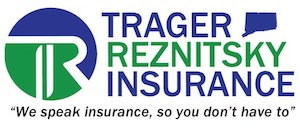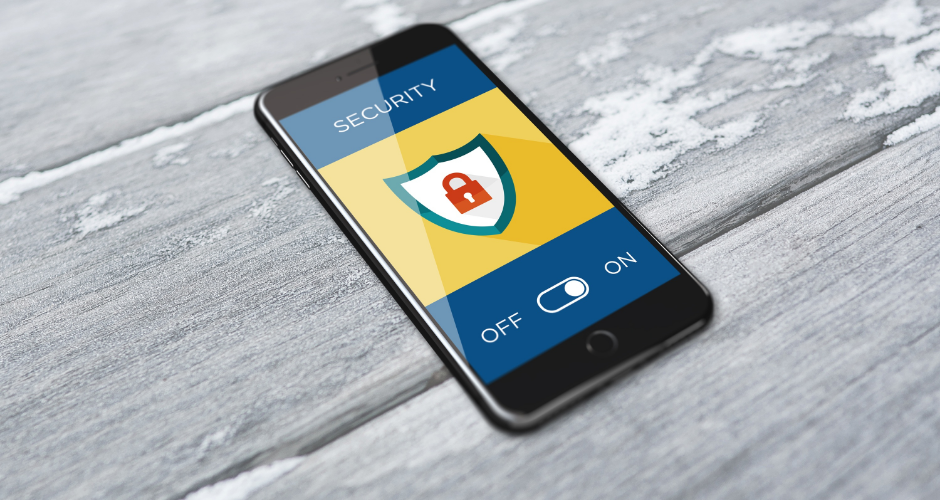7 Ways To Protect Your Business From A Cyber Attack
Cyber-attack is not a new term or a new concept. Everyone pretty much knows what it is. But surprisingly enough, 63% of the companies say that a hardware-level security breach may have compromised their data within the past 12 months. What does that tell you? Businesses are always at risk of cyber-attacks and knowing about a threat is not enough; you must prepare for it. Especially when an attack of such nature can cost you thousands or millions of dollars.
In this definitive guide, we will talk about some of the most robust, cost-effective, and dependable cyber security measures you can take to protect your businesses and ward off any malicious attempts.
Backing Up Your Data
The first thing you must ensure is that you have backed up your business’s data securely. That includes the date from your website, along with all the important files, information, and data that is stored on your business systems.
Backing up your data doesn’t exactly protect you from cyber-attacks. However, it is the best way to recover any data that might be lost or damaged during a cyber-incident, system issues, or an accident on site like a robbery or fire.
Backing up your data only once is not enough; it should be done consistently, and the already backed up data should be checked regularly.
It is easy and doesn’t cost a lot.
Ideally, you should use multiple backup methods to store your data. If one source gets compromised, you’ll have another. These backup methods typically include physical drives like portable hard drives and SSDs and non-physical methods like cloud storage.
If you use hard drives to back up your data, ensure they are kept off-site. This will keep them protected from any damage to the site or the systems, as we talked about earlier. If the drives are on-site, make sure that they are disconnected when not in use. A cyber-attack can compromise them as well if they are connected to the systems.
On the other hand, cloud storage will eliminate the need for keeping drives off-site. Make sure that whatever backup method you use is encrypted for transferring and storing data, along with multi-factor authentication.
As a rule of thumb, this is the routine you should follow while backing up your business’s data:
- Daily backups to the portable drive or cloud storage at the end of the day.
- Weekly server backups
- Quarterly server backups
- Yearly server backups
Multi-Factor Authentication
Multi-Factor Authentication is one of the most pocket-friendly and easiest methods you can employ to protect your business from cyber-attacks, but it is also the one that is often overlooked.
As the name suggests, it requires multiple proofs (two or more) of authentication that you’re indeed the user who is the owner of this information. It adds a second layer of security that your attacker might find hard to surpass.
In an example situation, this is how a MFA might work:
Let’s say you log in to your business PC using your username and password. As soon as you do, you get a text on your phone with a code. You’ll be asked to enter that code into your PC to successfully log in.
You see this kind of security measure all the time on Gmail or an Apple ID, and what makes it so effective is that even if someone has access to one device, which they may have acquired using malware or email phishing (more on those later), chances will be thin that they have access to your phone as well—effectively making their attempts to log in to your system useless.
For an added security measure, you can also put in place an alert system that will go off whenever there is an attempt to log in from a malicious IP. This system will let you know that someone used your ID and password to log in to your system but was stopped because of having no access to the device which received the code.
Malware Scanners
A malware scanner is yet another security measure that is also affordable.
Malware includes different types of malicious software like spyware, viruses, ransomware, and worms. They work by sending you a link or an attachment, which upon clicking, installs these malicious programs that can harm your data in multiple ways.
Statistics show that 95% of malware are transmitted through emails.
A malware scanner stops that from happening, and there are many different scanners available with different prices and features. If you choose to install a malware scanner on your systems, always ensure that it is updated to the latest version for it to function effectively.
Cyber Insurance
Getting cyber insurance might sound like a costly solution, but it is wiser to spend the money on it than have your private date stolen because of a cyber-attack. Once an attack happens, it’s not just the attack that costs you. There are other costs incurred, such as strengthening security, replacing systems and devices, or repairing databases.
Research shows that the average cost of a data breach is $3.86 million. Phishing attacks alone steal an average of $17,700 per minute.
Cyber insurance will help your business cover the cost of recovering a loss. Since every policy is different, you should know what will be covered on each quote or policy to ensure the exposures you have are covered.
VPN Firewall
Relying on the built-in firewall while running a business is not enough; you need to go one step further for better protection.
A firewall works just like a lock you use on doors to keep unwanted people outside. But a VPN capable firewall is a separate piece of hardware that you should use for advanced capabilities.
It works by encrypting all types of communication regardless of whether you’re at the office, using your home network, or accessing your business’ data from somewhere else. The most important feature of a VPN firewall is blocking Remote Desktop Protocol brute-force attacks, which happen to be the most common source for most ransomware attacks.
A VPN firewall will also prevent any break-in attempts, log any such attempts for later scrutiny, and act as a filter between your employees accessing potentially harmful sites, links, or attachments.
For a more affordable solution, you can also find a used firewall online. If you do so, make sure to update it to the latest firmware, reset it before adding anyone to the network, change the default login details like username and password, and ensure that it has a two-factor authentication feature available.
As an additional feature, these firewalls have dedicated apps that your employees can install on their smartphones. Even though you might face a slight delay in login because of a firewall, it will make you highly secure against any attacks, breaches, or vulnerabilities.
Hardware Security Keys
Security keys are another hardware security measure that can provide reasonable protection against cyber-attacks.
Even though it might sound like a good thing to have the same password across all devices, it is unwise. It is also not a good idea to keep simple passwords that do not have any numbers or special characters in them.
Since humans are predictable, they are the most vulnerable entity attackers can use to attack.
A hardware security key tackles that problem by eliminating the need to manage, remember, or update an ever-expanding directory of passwords. Security keys are popular among businesses because they effectively provide greater protection against brute-force attacks because attackers cannot simply get in by guessing the right combination of numbers, letters, or symbols.
With a security key, it is much more complex than that.
Ideally, you should have a key for each of your employees or people who are a part of your business one way or another. All they have to do is plug in the key into their systems, hit the login button, and they’ll have access to all the information, tools, and programs they need to use.
Most of these security keys also have features to protect against phishing. Phishing is when you’re threatened by social engineers who know sophisticated methods of getting into someone’s inbox, manipulating people into believing they are someone they know, and getting people to click on malicious links or downloading malicious attachments.
Alternatively, you can use
Complex Passphrases
Always ensure that every single one of your employees has complex passphrases they use to access multiple business devices. Passphrases, unlike regular passwords, are phrases with different letters, symbols, numbers, or a combination of them.
ideally, a strong passphrase should check off the following boxes:
Complex – Phrases that include uppercase and lowercase letters, numbers, and special characters.
Unpredictable – Instead of going for a legible sentence, use a combination of unrelated words which will be harder to guess.
Long – Passphrases that are at least 14 characters long are harder to guess. The longer they are, the better.
Unique – Use unique passphrases for every device. No passphrase should be repeated.
Use a password manager to keep track of different passphrases you use for different devices.
Prepare For the Worst
Think of the worst cyberattack you can imagine and the biggest potential loss that can happen to your business, and then prepare for it accordingly. These are just some of the most reliable security measures you can take against a potential cyber-attack. If you employ these methods, the chances of such attacks can decrease drastically.

